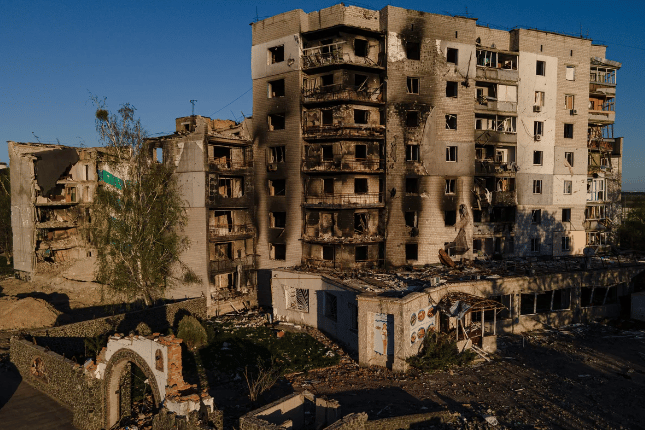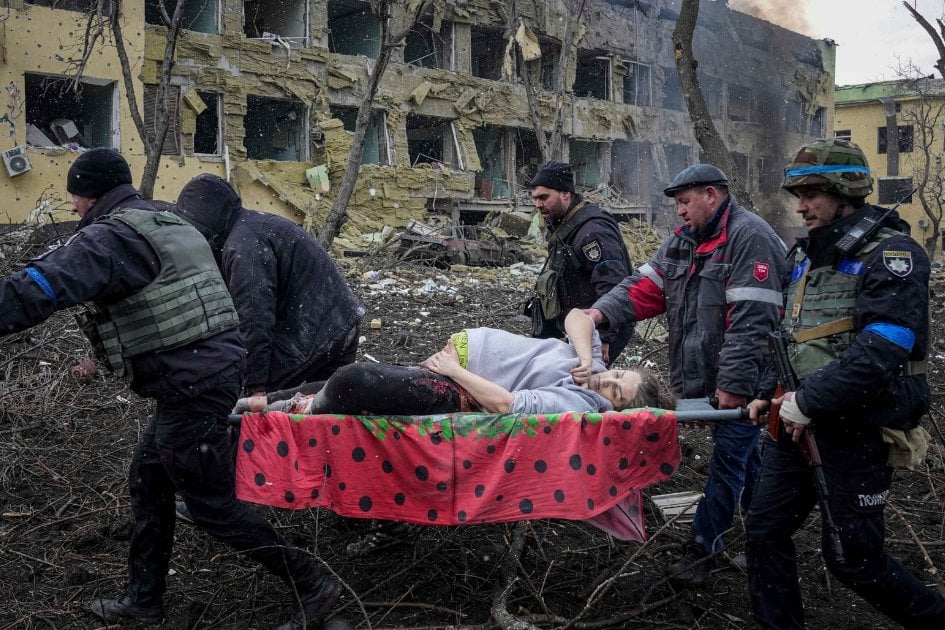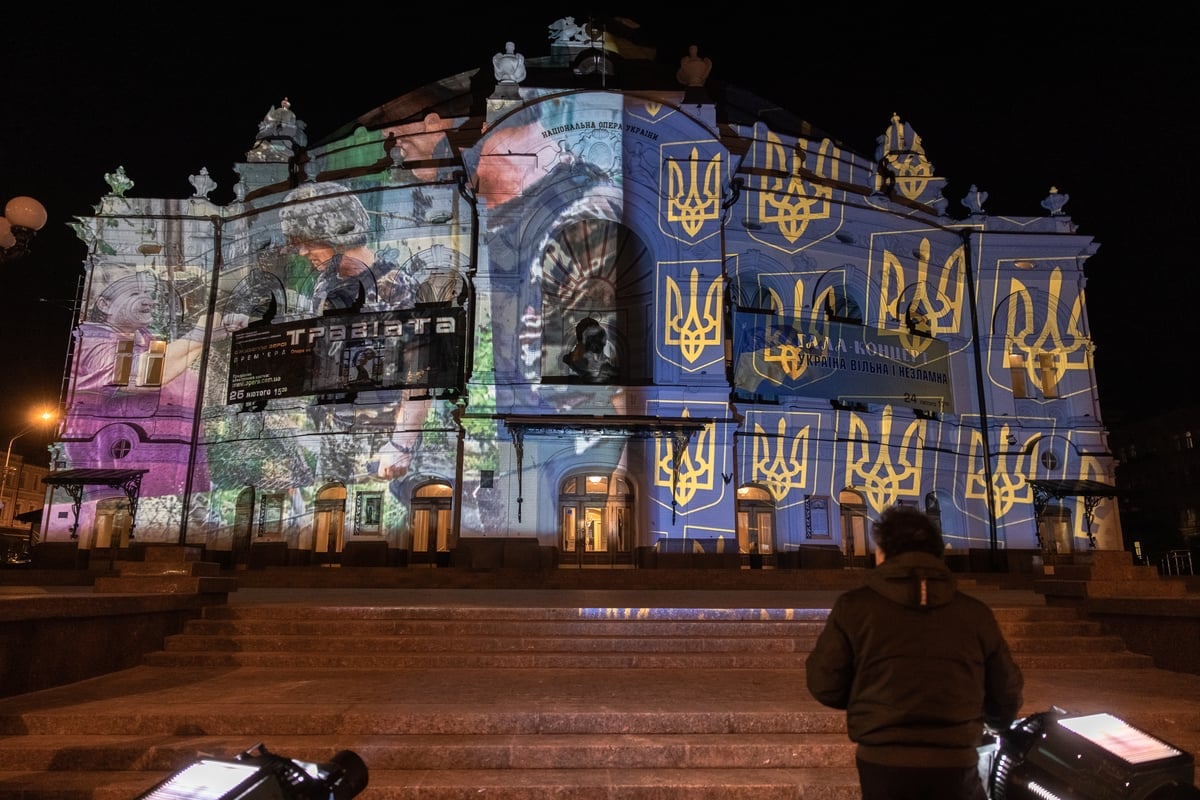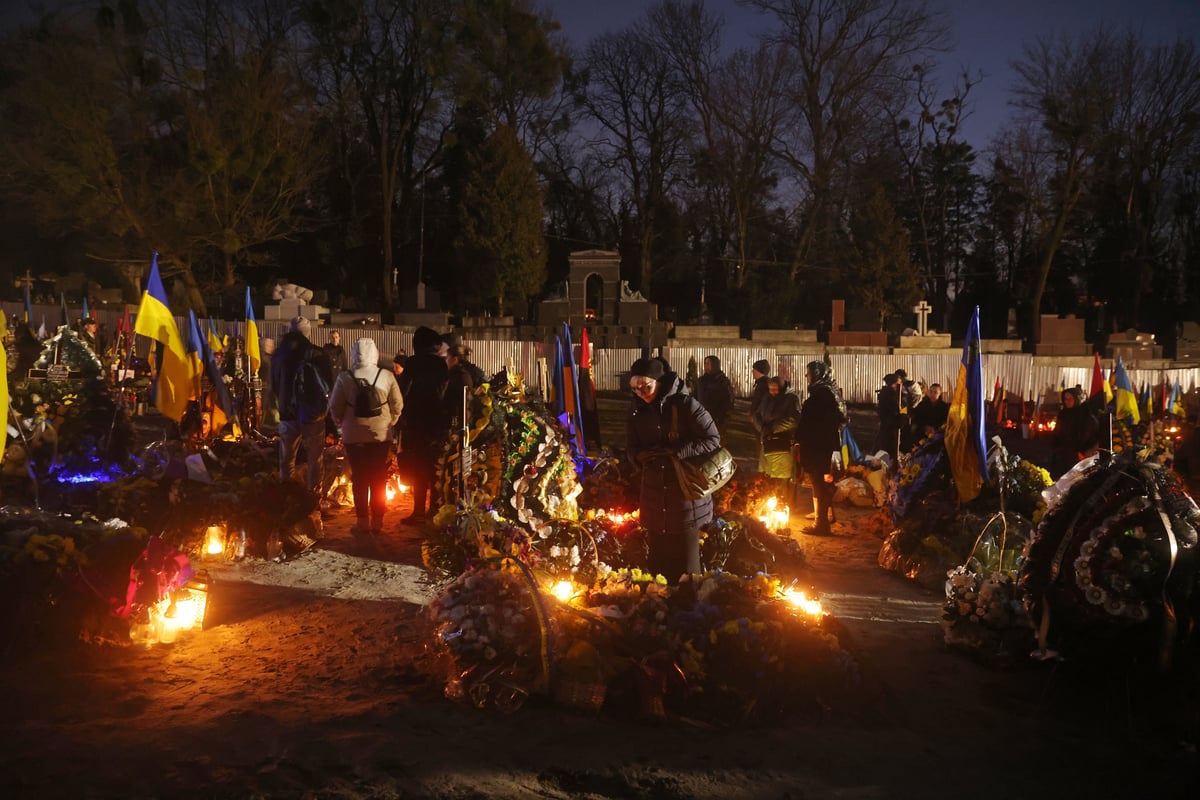
It's been one year since Russian troops marched across Ukraine's borders.
That day, on February 24, air raid sirens rung out in the capital city of Kyiv after Russian President Vladimir Putin launched what he called a "special military operation".
In the 12 months since, millions of Ukrainians have fled their homes. Tens of thousands of Ukrainian civilians and soldiers, from both sides, have lost their lives. And hundreds of women and children have been exposed to sexual violence.
Around the world, millions of us have been following the invasion and the devastating events that have followed.
We read the stories of the mothers who wrote their contact details on their children's backs in case they become orphaned in the war.
We watched the videos of the young women sharing what their lives looked like hauled up inside bunkers.
We saw the photos of the pregnant woman who clutched her belly as she was carried on a stretcher after maternity hospital was bombed in Mariupol.
One year on, they're the stories and the people we will never forget.
 Image: AAP.
Image: AAP.


